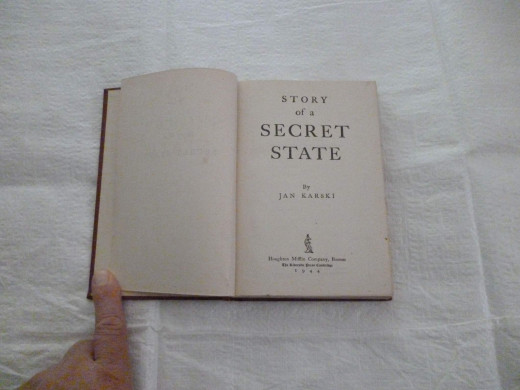5 Steps to Affordably Self-Publish your Book
Self-publishing can be expensive - you hear so many stories about people dropping thousands of dollars to get their book "out there". But there are many ways that you can skip costs without skipping out on quality. Here are a few steps you can take to minimise costs, and still give your book a chance like any other.
Self-publishing shouldn't have to be reserved for those with lots of expendable income - any good writer should be given the chance to publish without getting into debt.
Are You a Published Writer?
1. Choosing your Editor
Even when your manuscript is written, completed and polished for the seventh or eighth time, you still need an editor to help with plot holes and character development.
Some people will suggest going with editing companies that will do a great job - for a price. Some will charge hundreds, or even thousands, for their time and effort. Try this instead:
- Get as many friends and family members as you can to read it. An experienced reader is even better. If they don't want to do it for free, paying them a couple of dollars is much, much cheaper than going with a professional who is only doing it for the money. Get three to five people to read it and give an honest review. If they say something doesn't look right, examine it and try to fix it (if it needs fixing).
- Take criticism well. If a family member will criticise, an anonymous reader probably will too. Minimise the chances of a stranger pointing out a plothole by making sure a close friend does first. There's nothing worse than someone noticing a mistake after it's published. Trust me.

2. Choosing your Proofreader
Some companies and indie proofreaders don't charge much for their services, but some proofreaders will charge an insane amount, so be sure to compare before you give anyone your money.
A proofreader is different to an editor - a proofreader checks for spelling mistakes, punctuation and grammatical errors, and makes sure you're consistent with speech marks, font, styles, etc. This is impossible to do yourself - no matter how stringent you are, it's a known fact that a writer can't proofread their own work, because the writer concentrates on the content, not small details. This is especially true for longer novels.
Again, get a willing friend or family member to proofread your book. This time, however, you'll need someone who's excellent with grammar, spelling, punctuation, and has a keen eye for consistency. You also might need to pay them, as it's not simply concentrating on the plotline. This will probably be the most expensive part of your self-publishing journey, so it might be better to go with a professional company.

3. Cover Design
Assuming that you aren't going to design the book cover yourself, professional cover designers might, again, charge a lot of money for a job. Createspace and Lulu, for example, will charge between $400 and $1000. Here are some ways you can work round this.
- Hire an indie cover designer. There are hundreds of design companies out there, and many indie designers too. People who design individually are generally cheaper, and will work hard to make you happy, as any bad feedback from a customer can damage their reputation.
- Hire someone who can draw, but doesn't have experience in book design. After hiring two students from my university (both studied design, but neither of them had done a book cover before), I was very happy with the result. They were extremely affordable and did a great job. Plus, they were never too busy to message me on the progress and make any changes I wanted.
- Try it yourself. Take a crash course on photoshop and play around with stock images, font styles and colouration. This might turn out horribly (it did for me) but it's a fun project that would cost you nearly nothing. Give it a try, and if it doesn't work out, think about the other options.
4. The Construction of your Book
Self-publishing means having full control over everything about your book, so this means that the construction of the book is key. Make sure that you have everything you need before the actual story begins - an introduction page, a copyright page, and a chapter list (if you want one). Decide if you'd like your cover to be inside the book too. Work out where your pages would be and design carefully.
The good news is that most companies offer a 'proof' version of your book that you can order yourself and check over before releasing it to the public.

5. Choosing a Publishing Company
There are many websites that will help you self-publish your book by printing the paperbacks, sending them to you, and distributing your book to other websites. Here are a few possibilities.
These all vary in prices, authors' rights and revenue, so do your research before you choose a company. Some offer free ISBNs, some connect your book to the Amazon websites without any extra costs.
I used CreateSpace, and all-in-all their website is easy to use and their books are of good quality. A downside, however, is that they only print in the US - they ship all over the world, but the packaging and postage prices can be heavy if you don't live in the States.
In your opinion, which is the most difficult part of self-publishing?
So, remember - editing, proofreading, book cover design, construction, company. Is your manuscript shining? Are you completely happy with your book cover? Is the construction of the book okay - font size, page size, page numbers? If so, you're ready to self-publish. Good luck! If you've self-published recently, post the link to it in the comments below!
© 2014 Poppy








